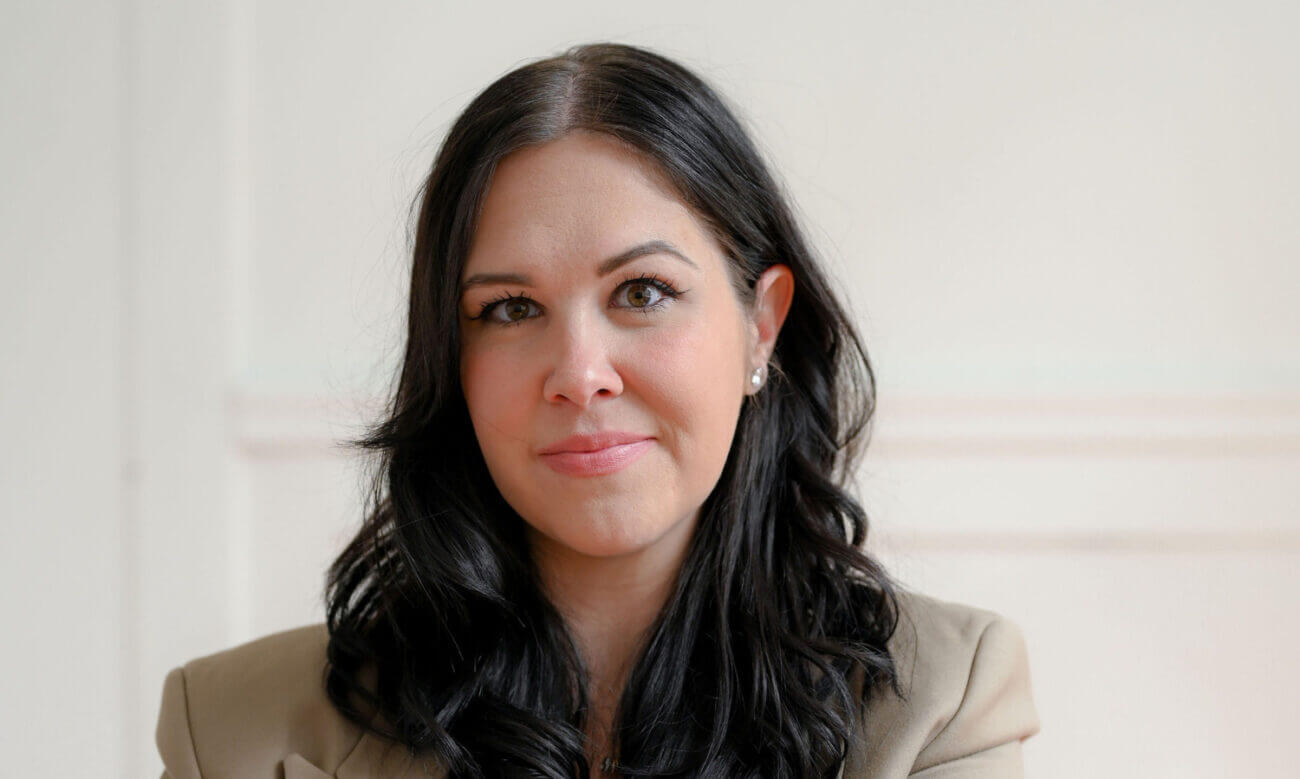What’s the best money advice you’ve ever received?
Try to add a sinking fund or increase your emergency fund, if nothing else makes you feel secure when struggling financially. And if you don’t yet have an emergency fund, take stock of what your barebones budget looks like and consider your options if you lose your job unexpectedly or face another financial emergency.
What’s the worst money advice you’ve ever received?
To cut back on everything you enjoy when feeling a financial pinch. Instead, it’s important to focus on your fixed expenses first. Consider making more permanent changes in your budget, rather than attempting to cut smaller costs that bring you joy. Things like coffee, takeout and hobbies will move the needle on your budget less than negotiating your rent or taking inventory of all your subscriptions. It’s better to cut anything you pay monthly at a fixed price, because it saves you from worrying whether you’ll be OK the next month.
Would you rather receive a large sum of money all at once or a smaller amount of money every week or month for life?
At this point in my life, I’d love a large sum of money all at once. That’s because I’m attempting CoastFIRE by 35—a more laid-back version of the Financial Independence, Retire Early (FIRE) strategy that involves front-loading your retirement accounts as early in life as possible, so that you can coast to retirement with less worry. If I got a lump sum, I’d likely invest it to hit my savings goal a few years earlier, buy more time in the market and let compounding do its magic.
What do you think is the most underrated financial advice, tip or strategy?
Negotiating. You can negotiate nearly everything in life, and many people discount the value of doing this. One example is to be bold and contact your lenders to see if there’s anything they can do to decrease your interest rates. You might be told “no,” but it’s still worth asking. If they say “yes,” and you can lower your interest rate on your credit card, that might give you the ability to pay off more than your monthly minimum and get ahead of your debt. The same goes for phone bills, salary, subscription services, and even everyday purchases at department stores.
What is the biggest misconception people have about growing money?
Many people who want to build wealth find the journey exhausting and see little progress and reward. Most things with money take time, but when it comes to building wealth, once you finally achieve one hurdle, progress becomes faster and faster each time. It is a slow burn at the beginning, but it’s worth it, because each year that passes provides you with more and more financial freedom.
Can you share a money regret?
A money regret for me is not investing at the same time I was paying off my debt. Had I given myself a few more years in the stock market in my early 20s, I would be much closer to achieving my financial independence goals. But at the time, I thought I couldn’t do both, and I was more interested in paying off my debt as fast as possible. Of course, neither way is wrong, but knowing what I know now, I would do a few things differently.
What does the word “value” mean to you?
Value to me is anything that makes my life more convenient. I’m not interested in buying more “stuff.” I want to spend my money on things that give me back time.
What’s the first major purchase you made as an adult?
The first purchase that made me sweat was buying my home. It was a massive amount of money, a long-term investment and a big responsibility. Yet, surprisingly, it took me little to no time to choose a property. I had been researching and doing the math on my ideal home for five years before the closing date. Three years later, it’s still my favourite purchase ever.


